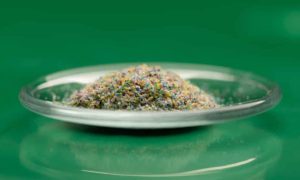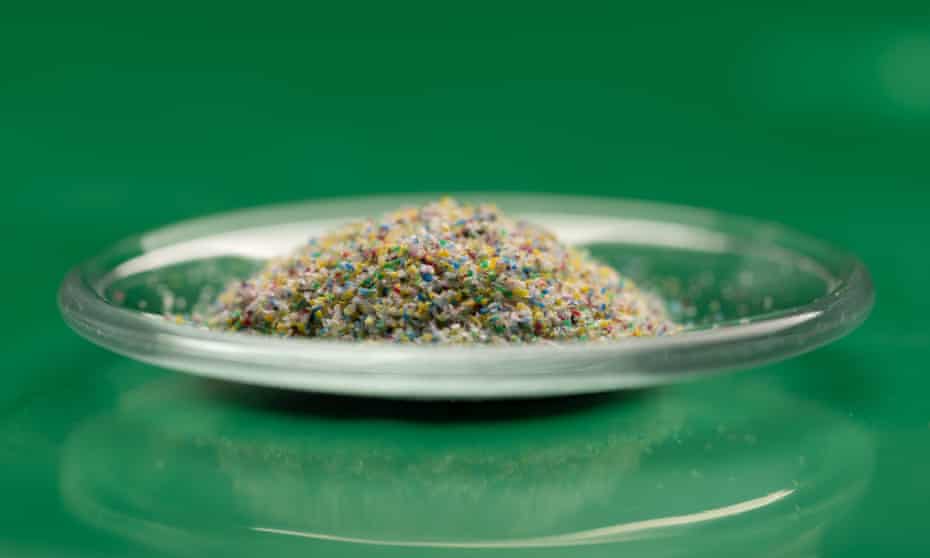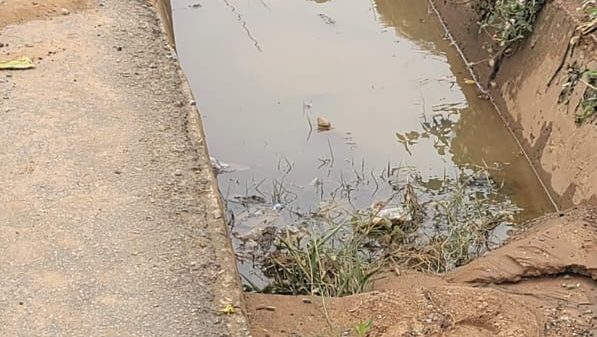A recent study has found microplastics in the penises of men, raising questions about a potential link to erectile dysfunction. This discovery comes after microplastics were also detected in testes and semen, sparking concerns about falling male fertility. Microplastics have already been found in human blood, hearts, and other organs, highlighting the widespread contamination of the human body.
The study, published in IJIR: Your Sexual Medicine Journal, analyzed tissue samples from five men undergoing surgery for erectile dysfunction. Microplastics were found in four cases, with PET and polypropylene being the most prevalent. These plastics are commonly used in food and drink packaging and other everyday items.
The impact of microplastics on health is still unknown, but they have been shown to cause damage to human cells in laboratory studies. Microplastics can cause inflammation in tissue, similar to air pollution particles, and chemicals in the plastics could also cause harm. Doctors have found a substantially raised risk of stroke and heart attack death in people whose arteries were contaminated with microplastics.
The discovery of microplastics in the male reproductive organs is particularly concerning, as sperm counts in men have been falling for decades. Recent studies in mice have reported that microplastics reduced sperm count and caused abnormalities and hormone disruption.
Experts are calling for more research to determine the potential role of microplastics in erectile dysfunction and male infertility. The pervasive spread of microplastics is alarming, and it is imperative to understand the potential implications for human health.
As a society, we need to be aware of the sources of microplastics and take steps to reduce our exposure. Drinking water from plastic water bottles, getting takeout food in plastic containers, and microwaving food in plastic containers all contribute to having microplastics in our bodies.
The discovery of microplastics in the male reproductive organs is a wake-up call for policymakers and individuals alike. We need to take immediate action to address plastic pollution and protect our health and the environment. By reducing our plastic usage, participating in beach cleanups, and supporting organizations that work to combat plastic pollution, we can create a plastic-free future.

















































































































